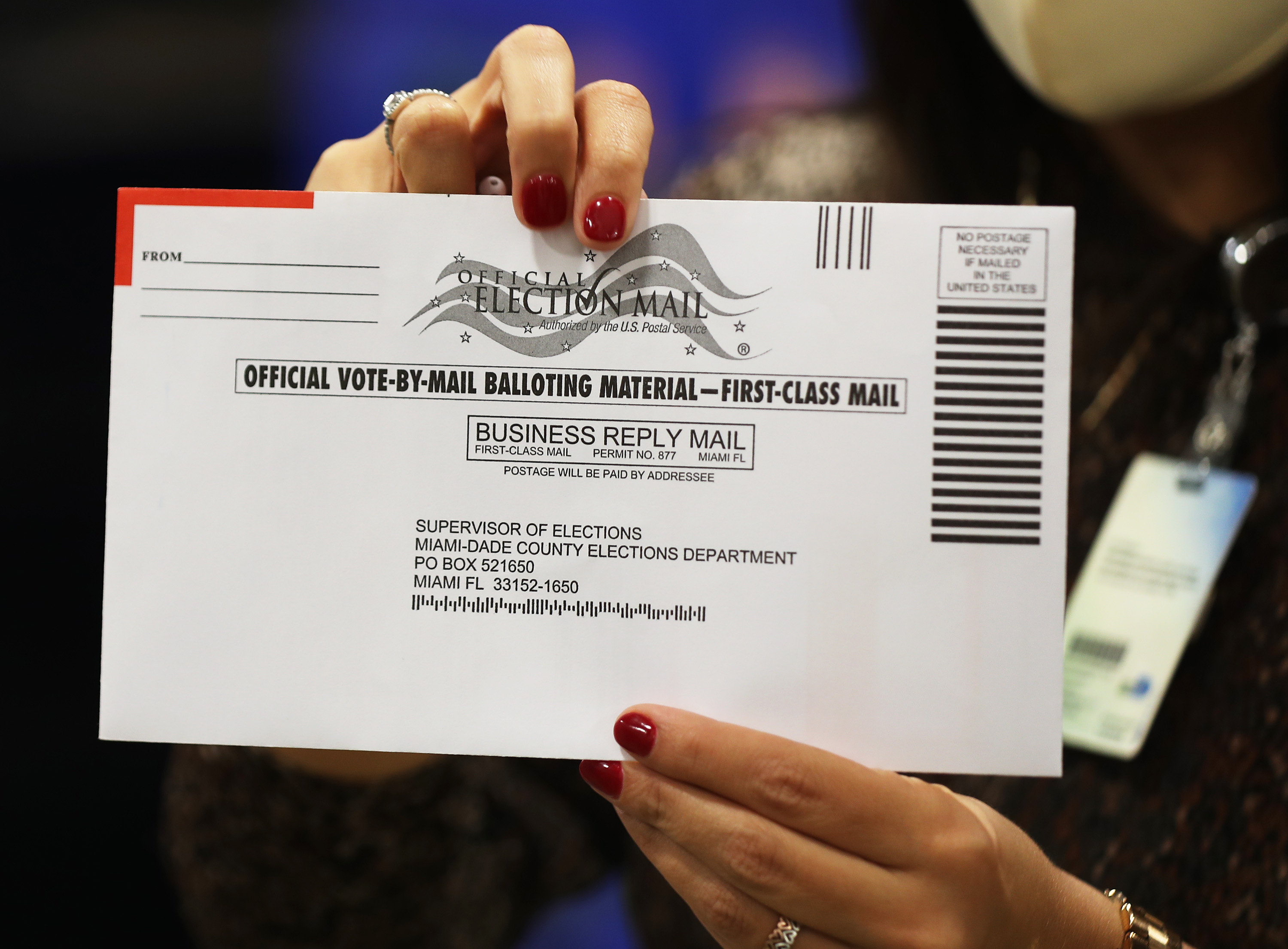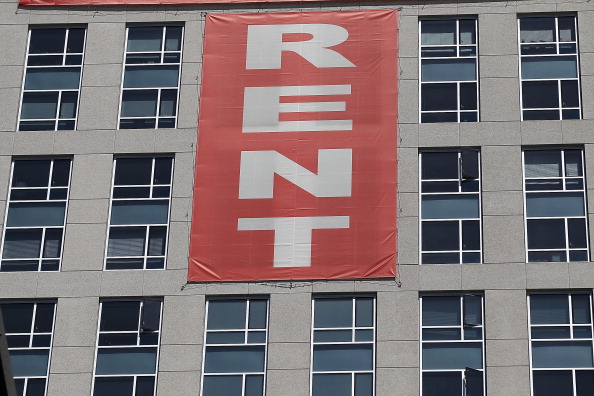A proposition on the November ballot aims to allow 17-year-olds to vote in primary elections if they will be 18 by the general election. The process is already allowed in more than a third of states in the country.
Logan Weimann is a high school senior, star football player, and passionate about government and voting rights.
"That's a very important power that our government gives our people, and it's a looked over one that many people take for granted," he said.
Weimann cannot wait to vote, which is why Proposition 18 caught his eye this year. If passed, the proposition would allow 17-year-olds to vote in primaries and special elections if they will be 18 by the general election in November.
"To finally include those people who are born march to November in the gap period that aren't able to vote in one of the most important parts of this election process -- by excluding them, I think it's wrong," he said.
State Assemblymember Kevin Mullin of San Mateo co-authored the proposition, which what it pushes for is already allowed in 18 other states.
"To empower California's youngest voters, encouraging them to become lifelong participants in the most fundamental act of democracy," Mullin said.
But opponents said those earlier primaries have other issues on the ballot, not just presidential picks.
The Election Integrity Project California argues "17-year-olds are legal minors. Under that definition, they are still considered children. They are almost all still living at home and under the strong influence of their parents. This is not conducive to independent thought and voting without undue pressure from their immediate superiors."
Wiemann disagrees.
"At the end of the day, they're still voting in November," he said. "So why can't they vote for who they're going to vote for?"
If passed, the proposition would go into effect immediately.



